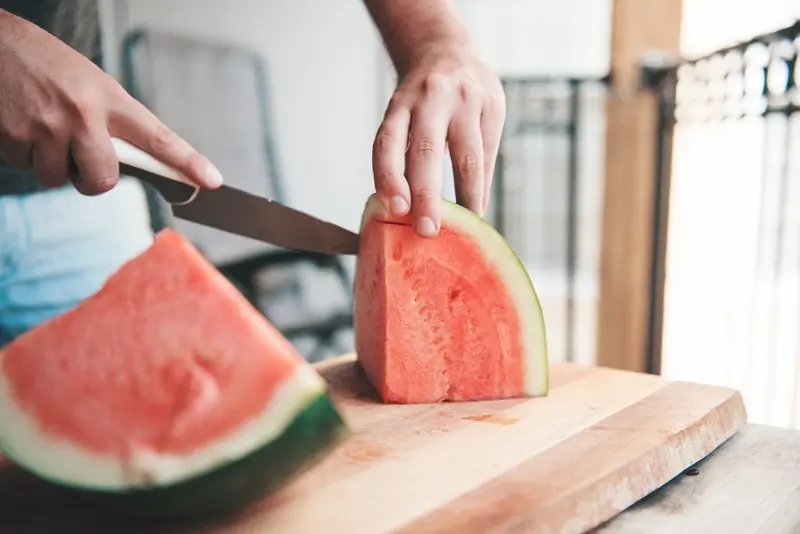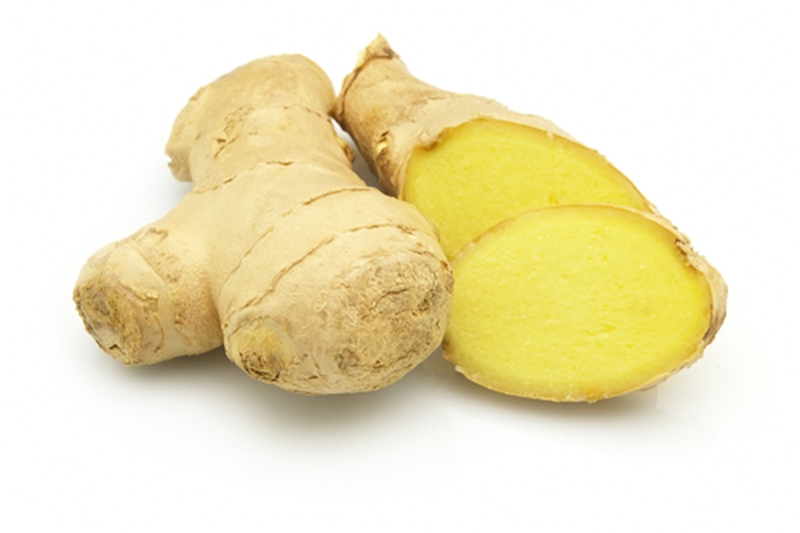Everyone loves to eat — there are so many delicious foods to enjoy for each of the three meals of the day. But one thing that no one enjoys about it is the smelly breath that frequently comes in the aftermath. When you’re heading out on a date, going out with friends or have an important meeting or interview, halitosis — the technical term for bad breath — can be quite the turn-off.
Of course, eating and greeting aren’t mutually exclusive. When you can’t brush, floss or chew sugar-free gum, you can choose foods that fend off bad breath naturally and effectively.
Here are some of the best foods to choose that can stanch out the stink:
1. Apples
Apples may be one of the most versatile fruits of all, found in all sorts of recipes ranging from main courses to desserts. But they’re also among the more naturally cleansing foods out there. In addition to being high in fiber and crunchy — the combination of which helps reduce food particle buildup — apples are high in polyphenols, which dietitians note are great at breaking down the odorous compounds that cause halitosis and reduce teeth staining.
In short, an apple a day can help keep that after-meal smelliness at bay.
2. Yogurt
What is better than a delicious cup of yogurt with some frozen blueberries in the morning? When it comes to keeping your breath smelling fresh, not much. In fact, according to a highly cited clinical study from the International Associations for Dental Research (IADR), yogurt can reduce the bacteria-causing compounds in your mouth that are the building blocks of bad breath. Researchers discovered this in a six-week study where one group consumed approximately 3 ounces of sugar-free yogurt twice a day versus the control group. The key here is sugar-free, so look for yogurts that contain sugar substitutes, such as Xylitol or Stevia.
3. Parsley
One of the very best aromas in the kitchen is garlic. When you hear it simmering and sizzling on a hot stove and smell it wafting in the air, it really stirs the appetite. However, when it comes to the biggest bad breath offenders, garlic sits at the top of the malodorous heap.
You may be able to mask much of the stench with some parsley sprigs. Native to the Meditteranean region and frequently used as garnishes, parsley is chock full of nutrients that help to squelch the sulfur that builds in the mouth when eating garlic-laden foods and sauces. The two most potent in this regard are polyphenols and chlorophyll.
Other herbs that are highly effective in deodorising offensive breath include fresh mint and basil leaves.
 The vitamin C and water in watermelon deliver a 1, 2 punch to bad breath.
The vitamin C and water in watermelon deliver a 1, 2 punch to bad breath.4. Melons
From cantaloupe to watermelon to muskmelon to honeydew, melons are a great way to cool down, as they’re naturally high in water content and chill quickly. Their water denseness helps to stimulate saliva flow, thereby eliminating the food particles that can latch on to your teeth, some more so than others.
Another ways melons make your breath better is due to their richness in vitamin C. You typically hear about the importance of vitamin C for your immune system, as it’s a natural way to supply your body with the requisite nutrients that can reduce the adverse effects of the common cold. But vitamin C is also great at reducing bacteria, which at high levels gives halitosis the fuel it needs to thrive.
Of course, this means that other foods known for being high in vitamin C are also smart choices for fresher breath, such as oranges and strawberries.
 Your stomach isn’t the only thing that benefits from ginger.
Your stomach isn’t the only thing that benefits from ginger.5. Ginger
Ginger is another nutrient that is known for its health-promoting properties, particularly from a perspective of sickness and an upset stomach. It’s why ginger ale is so often recommended for feelings of queasiness and stomach discomfort.
In addition, ginger cleanses the palette through odor-fighting compounds, the main one being 6-gingerol. Aptly named, 6-gingerol is a highly reactive substance that triggers the production of enzymes that neutralise sulfur compounds. If you can, seek out fresh ginger, as the nutrients in fresh ginger are more viable than in the processed form found in drinks and certain packaged goods. Just a small piece to chew on can go a long way.
6. Water
This may be the most obvious one of them all and also the easiest to follow. Water is key to life, but it really helps to ramp up the saliva production in your mouth, forming a tag team, of sorts, to combat halitosis by rinsing away food particles and dead cells. Try to drink at least eight 8-ounce glasses of water a day if you can.
You’ll notice that all of these foods are highly nutritious and known for being healthy. What’s also good for you is regularly scheduled cleanings. Contact City Dentists to book your biannual checkup today.
